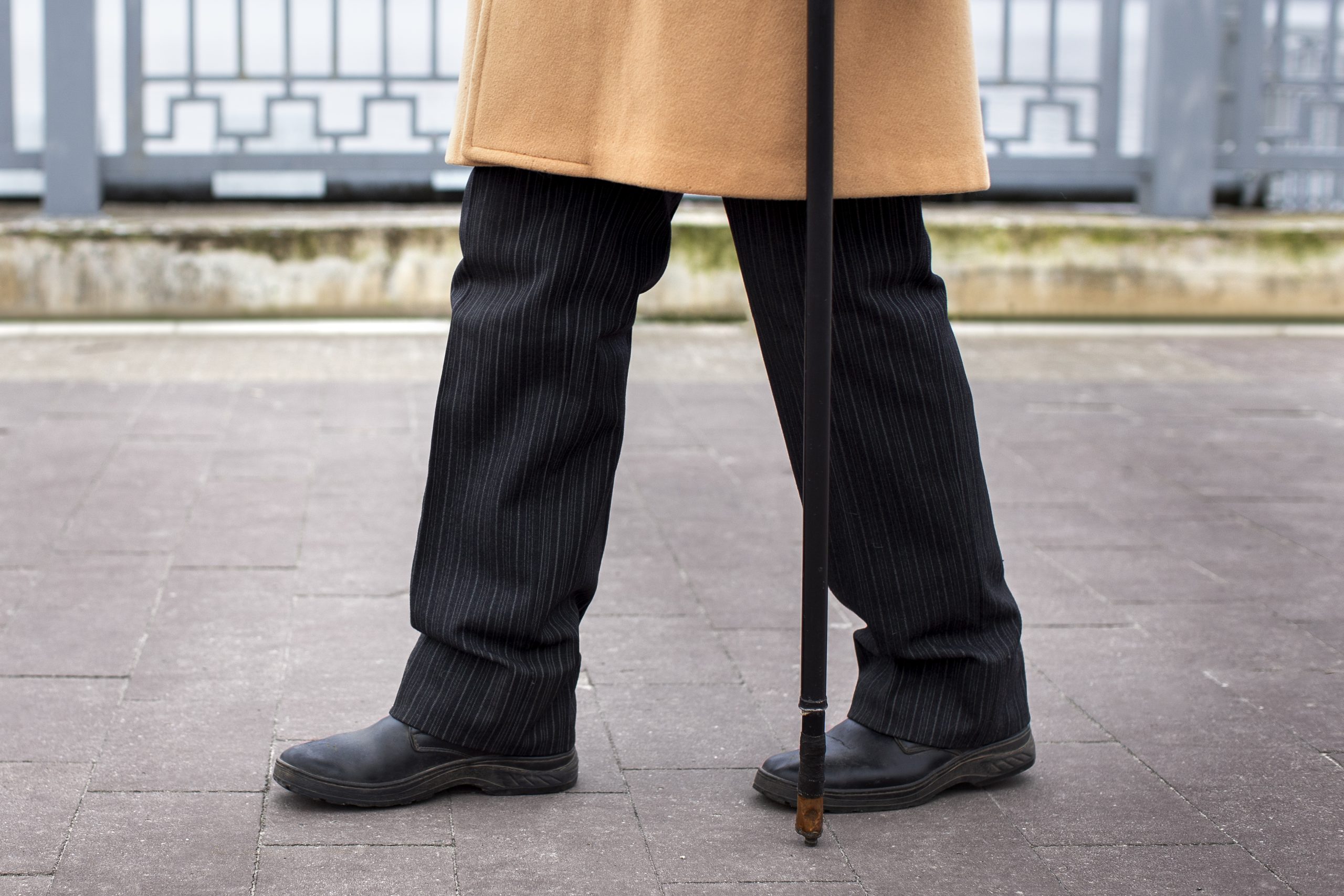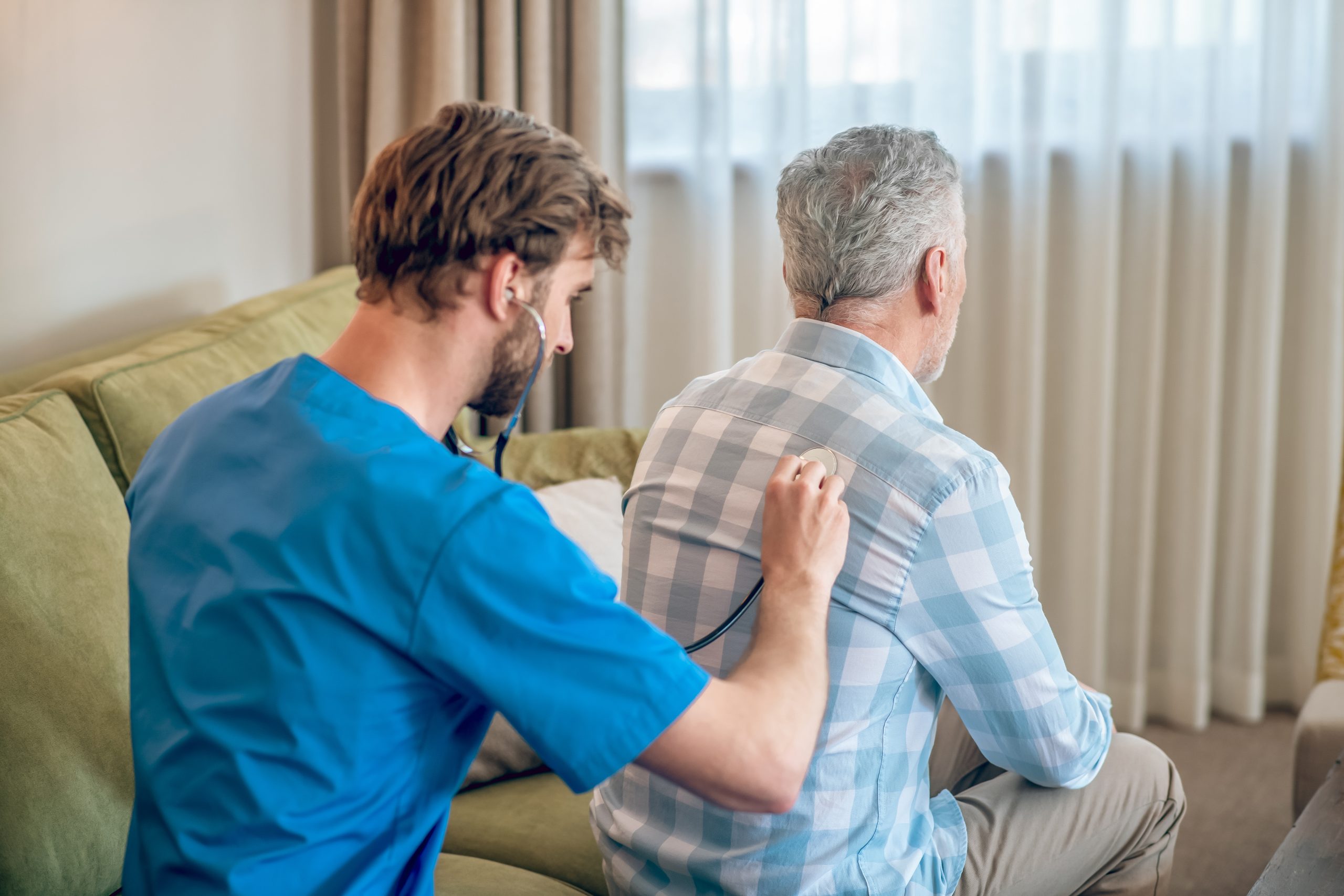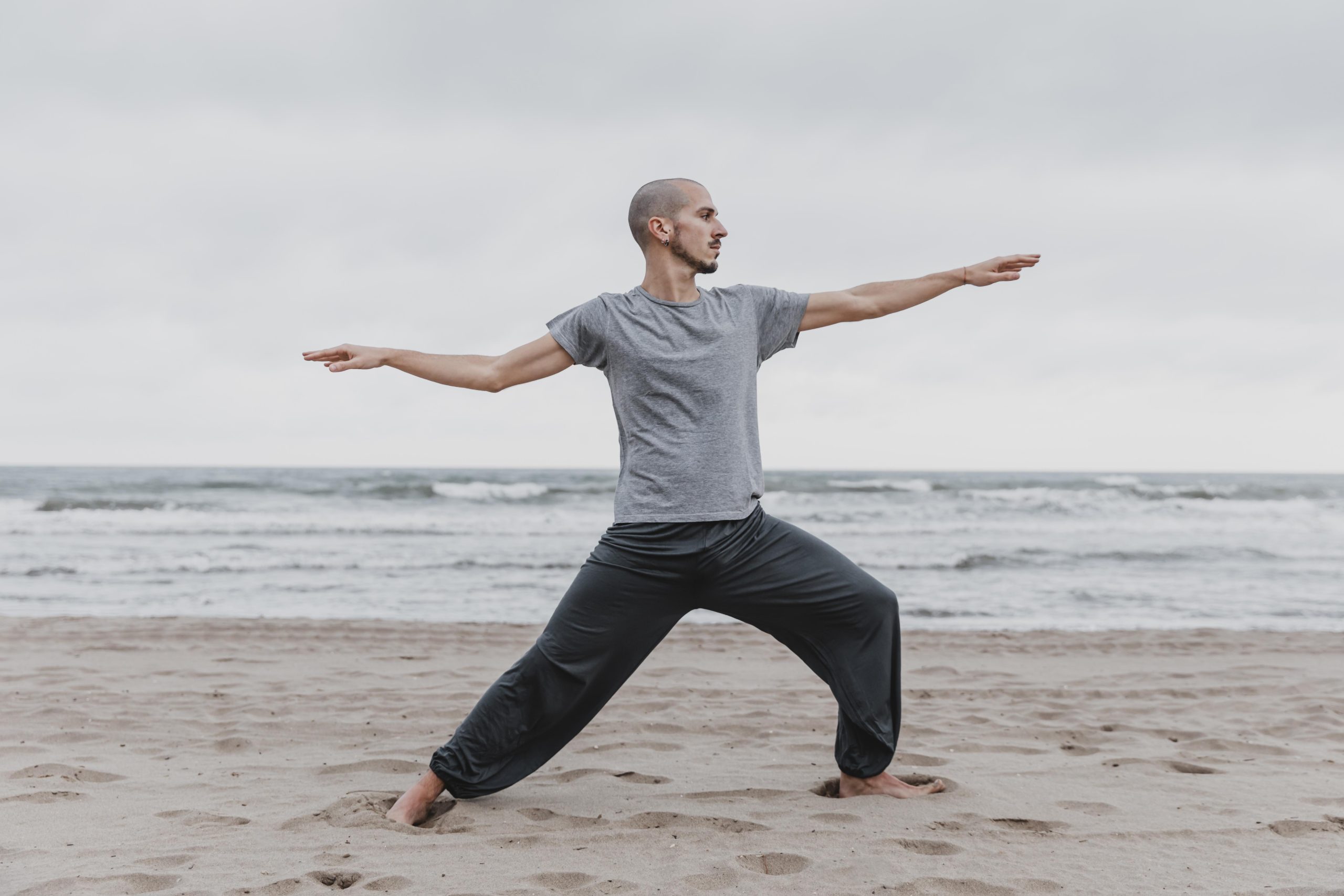Does Posture Matter in the Aging Process?

Aging is essentially a biological process with determinants including genetics, environmental factors, and medical conditions. Beyond these multiple features in aging research, posture has long been seen as an interesting topic in how it impacts health. Beyond general discussions of musculoskeletal well-being, the idea of posture in the whole process of aging is more debatable when taken strictly as a medical factor.
This article assesses the medical significance of posture for the aging population and whether this impact is enough to change health outcomes.
What happens to the body as we age?
Aging influences both the structure and physiology of the body, and the changes produced in most body systems with increasing age are great. Some of the most outstanding alterations include the following:
- Bone Density Decreases: Osteopenia and osteoporosis are increased, which leads to a higher risk of fractures—our Body Scanner can help assess bone density and posture health to detect these risks early.
- Spinal Degeneration: Intervertebral discs dehydrate and lose their elasticity, leading to compression of the spine.
- Neurological Deterioration: Changes in proprioception and nerve function will cause impaired balance and coordination.
- Cardiovascular and Pulmonary Alterations: Reduced cardiac output and lung capacity will alter the effectiveness of movement.
Based on these biological changes, one may wonder whether posture is of particular importance to these age-related changes or merely an afterthought.

Does Poor Posture Directly Affect Aging?
From a strictly medical perspective, posture is often viewed as a consequence of aging rather than a determinant of the aging process itself. While postural changes may influence certain health conditions, their direct effect on aging is not as significant as other biological factors such as genetics, systemic diseases, and organ function.
Medical Research on Posture and Aging

Many studies have sought to associate posture with health consequences of aging. Some of them found the following:
- Posture and Fall Risk: A journal article in Geriatric Medicine states that older individuals with excessive curvatures in the spine are less stable. This may also be a fall risk, though it is interesting to note that falls are really caused by problems such as neurologic disorders, side effects from medications, or vision loss.
- Seventy to Eighty Percent Changes in Posture and Pulmonary Function: Researchers in the American Journal of Respiratory and Critical Care Medicine studied that extreme cases of kyphosis can also cause a loss of lung function. However, most of the respiratory problems resulting from aging stem from chronic illnesses such as COPD or cardiac disease, and not from postural changes.
- Shinshu University of Japan: Research indicated that the elderly with an extreme forward tilt in posture have a higher probability of developing mild cognitive impairment. However, it was acknowledged that cognitive decline is multifactorial and is predominantly driven by changes in the neurological system, vascular health, and genetic predisposition.
The Larger Medical Context: Posture as a Secondary Concern
Although posture might affect some areas of aging, it is not a critical element in the biological process of aging itself. Much more important factors are:
- Management of Chronic Disease: Diabetes, hypertension, and cardiovascular disease are much more relevant to longevity than postural positioning.
- Neural Integrity: Cognitive health, nerve function, and brain aging play a much more definitive role in aging-related decline.
- Metabolic and Immune Function: The ability to regulate metabolism and maintain immune efficiency is a stronger determinant of overall health in aging.

Conclusion: Should We Focus on Posture?
From a medical aspect, posture cannot really influence how a person ages. Although poor posture could give rise to immobilizing one’s self and slight physiological changes, this effect is not as remarkable compared to more critical systemic contributions. Disease prevention, neurological well-being, and specialized care like our Anti-Aging Plan should remain the focus of healthy aging.
For more on aging and health control check out Just Lose Weight MD.
